Bird flu, or highly pathogenic avian influenza (HPAI), continues its concerning spread across the European Union, prompting France and the UK to elevate their risk assessments and tighten biosecurity measures around poultry farms.
In a decree issued on Friday, France raised its bird flu threat level from “moderate” to “high,” citing an accelerated spread of the virus among poultry compared to last year. This measure, effective as of Saturday, aims to boost preventive actions and strengthen surveillance around poultry facilities, especially as migratory birds are confirmed carriers of the virus in neighboring countries.
The rapid transmission of bird flu raises fears of a resurgence of severe outbreaks similar to previous years, where tens of millions of birds were culled to contain the virus. Public health officials remain cautious, aware of the potential risk to humans should the virus evolve for human-to-human transmission.
In response to this growing threat, France has initiated additional safety protocols, including an early start to the seasonal risk status upgrade, which usually takes effect in December. Additionally, France has reported eight confirmed outbreaks on poultry farms since the summer and recently launched a second vaccination campaign targeting farm ducks, following the success of last year’s program.
The UK has also responded with heightened vigilance, as the government confirmed new bird flu cases in Yorkshire. Hours before the announcement, the British government had already raised its risk level for avian influenza to “high,” reflecting growing concern and the need for immediate containment efforts.
With cases on the rise across Europe, both France and the UK are proactively working to contain the virus, safeguard poultry industries, and prevent a possible zoonotic spillover.
